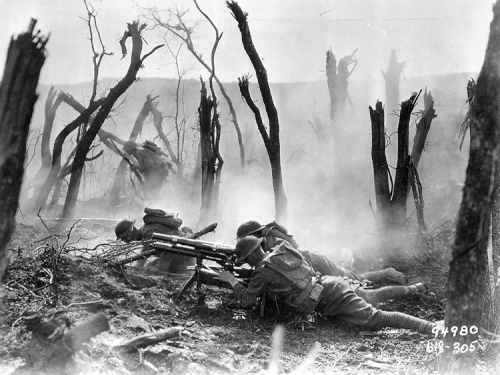A Backstage Tour of The Forgotten Kingdom (Part 7): Blinded by Hindsight: Exploring the Past’s Forgotten Kingdom and Ladino Songs to See More Deeply What We Face Today
I first heard Sephardic songs in my boyhood Jerusalem home. Yet it wasn’t until later, when I started listening through other artists’ interpretations to the traditional songs and tales, that I got hooked by their riveting history of integration, migration and adaptation.
These songs tell great stories. Not because they are Jewish or Mediterranean or Balkan, but because they present near-universal themes that continue to captivate today. The story of the stories—a case study in shifting identities due to migration, the evolution and change of tradition, of resilience and struggle—is alive and relevant today, too.
The story of Ladino mirrors experiences that I, and most of the artists in the Ensemble, live personally, as an immigrant to the US. Not only have we changed because we’re in new homes, but our homes have also changed because we’re in them. This is also the story of the United States and it comes at a time when we very much need to remember stories like this, to fight the darkness and small mindedness that grows so rapidly in this country.
What has haunted me as I’ve created The Forgotten Kingdom is how these stories give us a glimpse into the end of an era, and what it's like to be caught up in the shift from one age to a very different new one. Each story/song in The Forgotten Kingdom can be pegged either to the "old world" (what we'd call a world of romantic naivety, be that right or wrong) or to the "new world" (OUR world today).
French cavalry, 1914
Many of these tales are set against the last vestiges of the Ottoman Empire, as a centuries-old order broke down under the weight of the traumatic Great War. The old world remained, but teetered on the brink of a new era. What was it like for those on the cusp? Imagine for a moment the soldiers in the song "La Vuelta Del Marido." In this song we have this very romantic notion of horses wearing breastplates of silver, of gallant officers wearing white gloves, leading the charge.
first battles of World War I. Picture this gallant soldier, riding heroically with his white gloves...straight into the meat grinder of mechanized warfare in the Battle of the Frontiers. How brutal, this clash of old and new worlds.
To us, looking back with our historical hindsight, it seems almost inevitable, especially because this was the birth of our world. But to those living through this transition of ages, the course must've been anything but a foregone conclusion, a too-terrible future that few would've dared dream. I wanted to explore what it was like to see the breakdown of empires, the glimmers of hope that then evaporate. What is it like to be caught on the wrong side, in that kind of nightmare?
In what ways are we also already straddling two worlds without even knowing it? If we, or my son's generation, are destined to know two very different eras, the wake up call won't come in the form of a storm of steel like in WWI. It'll come in a modern guise. What'll it look like this time? Is it possible that fifty, sixty years from now people will see that we also were being hurtled into a very different times (climate change? The realignment caused by Trumpism/Brexit? The tensions revolving around migration and refugees?...)
The realities of new, mechanized warfare were a terrible shock
The Argonne Forest, 1918
The circumstances and details have shifted. Yet so much of the story still plays out. Those elements that move us in these old adventures — courage, working together across ethnic lines, strength in the face of despair — speak to ways we too might grapple with our own daunting, unfolding tale. The past lets us feel the potential risks, terrors, and wonders the future might bring, and steel ourselves to meet this future with integrity and tenderness.
To hear this and the rest of The Forgotten Kingdom click here
Tags Ladino, WWI, Battle of the Frontiers, The Forgotten Kingdom, sofiatosellotango, chrisbaum, Sephardi, Ottoman Empire


